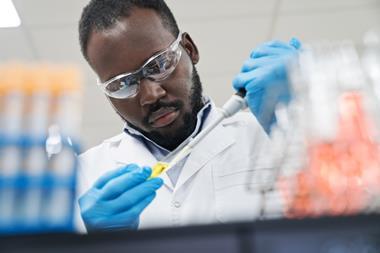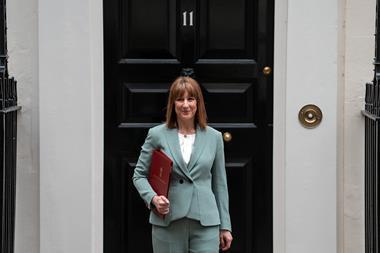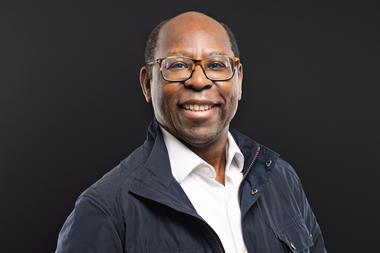The UK government has announced plans to set 10-year budgets for R&D funding. It is hoped the new approach will provide long-term certainty for UK scientists and industry to enable them to tackle key challenges such as antimicrobial resistance.
According to the Department for Science, Innovation and Technology, the specific funding plan will be determined in the coming weeks and will be awarded by government departments and arms-length bodies according to four criteria: infrastructure and core capabilities; talent attraction and retention; international collaboration; and partnerships and business collaboration. Further details on the initial recipients of 10-year budgets will be set out in the second phase of the spending review, which is expected in June.
‘Research and innovation, from computing and AI to health breakthroughs, need stability of funding,’ said the science minister, Patrick Vallance. ‘We are delivering on our manifesto commitment to support and encourage public bodies to deliver long-term 10-year funding streams where appropriate, while retaining the flexibility of shorter-term cycles to deal with emerging priorities.’
‘This change will provide certainty to certain types of research organisations and unlock vital business investment into our world-class research sector to drive the growth at the heart of our plan for change,’ he added.
Adrian Smith, president of the Royal Society, who, along with other organisations, has been calling for a long-term vision for science in the UK for some time, said investing in research had to be ‘a long game’. ‘Good science can take time, the pay-off can be decades later,’ he said. ‘The government recommitting to the principle of 10-year cycles of public investment is very welcome. It provides stability to those doing the research and shows businesses that the UK is a reliable place to invest. We look forward to seeing the details.’
John-Arne Røttingen, chief executive of Wellcome, was also pleased by the government’s long-term commitment to supporting science and scientific infrastructures, saying progress on ‘critical challenges’ such as antimicrobial resistance and mental health ‘won’t happen overnight’. ‘This [funding] will unlock R&D for breakthrough discovery science and research with potential to improve and save lives both in the UK and beyond,’ he added.
Andrew Morris, president of the Academy of Medical Sciences, said the government’s commitment to 10-year R&D funding budgets represented a ‘positive and strategic shift’ the organisation had ‘long advocated for’. ‘The principles of this approach can provide the stability needed for breakthrough health research and innovation, potentially transforming our ability to tackle complex challenges from antimicrobial resistance to developing the next generation of medical technologies,’ he added. ‘We are particularly pleased to see the criteria focus on attracting global talent, supporting partnerships and fostering international collaboration, which are essential to maintaining the UK’s position as a world leader in medical science.’
He said that he looked forward to learning more specific details in the coming weeks, including how this funding will be sourced and allocated across health research.

















No comments yet